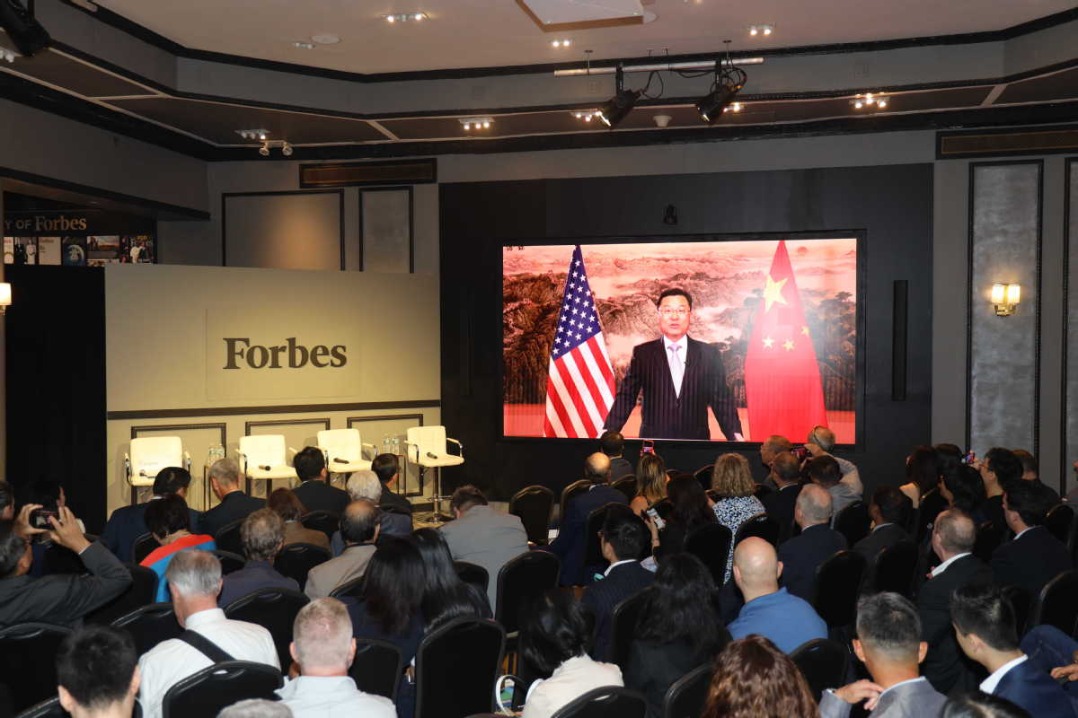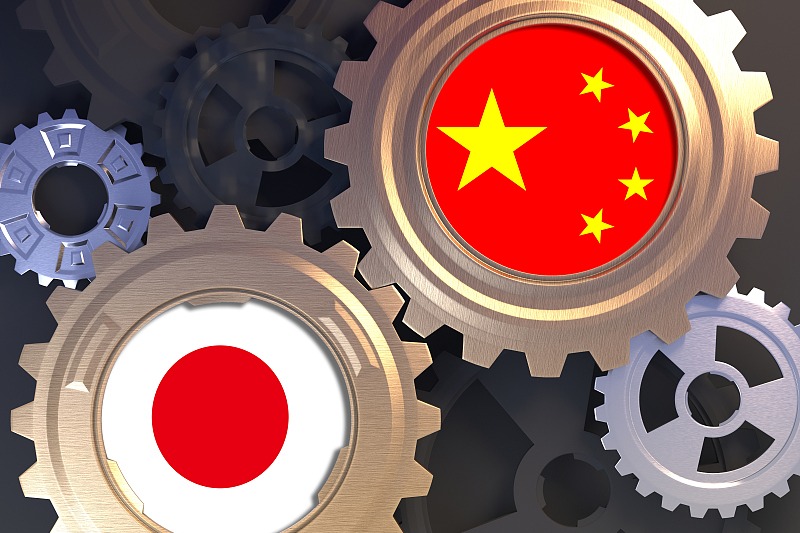New policy push for tech ties hailed
Experts seek detailed plan to direct sector and bolster innovation after Party session


China's latest policy declaration of fostering technological innovation and expanding international cooperation in science and technology has brought encouragement for the sector, and the industry is eager for more detailed plans, experts in the United Kingdom say.
Their comments came after the third plenary session of the 20th Central Committee of the Communist Party of China earlier this month. The resolution from the plenum stated: "We will expand international science and technology exchanges and cooperation, encourage the establishment of international science and technology organizations in China, and improve the management mechanisms whereby China's universities, research institutes, and science and technology-related social groups engage in specialized exchanges and cooperation with their foreign counterparts."
Russ Shaw, founder of Global Tech Advocates, a network connecting 30,000 technology experts, startups and angel investors across the world, said he is glad to see the resolution encourage bigger presence of international science and technology organizations.
"I think China, like many other countries, is looking at how technology can drive the productive forces in its economy, and the resolution from this plenary session will reinforce that," Shaw said, adding that he is going to China later this year and will probably attend the opening of a subgroup of the network in Chongqing.
"I support what the government is saying and focusing on, as part of the new quality productive forces, but the question is what is in the detail that sits behind it and how will that actually work in terms of supporting the technology sector," Shaw said.
He admitted that geopolitics brings some difficulties in international collaboration, but in areas, such as energy transition, climate technology and healthcare, there can be ways for cross-border collaboration and opportunities for scaling businesses to grow and thrive.
Kevin Lin, president of TusPark UK, the UK branch of a global science park network, said the encouragement for international cooperation in science and technology is good, and will show the right direction for the market and private capital firms to participate.
"The traditional industries, such as the development of real estate property, are not in line with the long-term development and modernization of the country anymore, and we are eager to see more step-by-step guidance and policies in promoting tech cooperation and innovation," Lin said.
Adapting to overseas rules
Chinese companies going global often face different market environments, cultural backgrounds and social systems, Lin said, suggesting that more support be given to Chinese entrepreneurs to help them adapt to the rules and regulations in the overseas market.
Kerry Brown, director of Lau China Institute at King's College London, said Chinese universities are already ranked very high in the world, and Chinese government's investment in science and technology has produced a lot of innovations in areas such as quantum computing, new energy and artificial intelligence.
"We have collaborated with China for many years and there were a lot of technology transfers from Europe to China," he said. "It would be good if we have a relationship where some of the new technologies will be transferred from China to Europe."

































